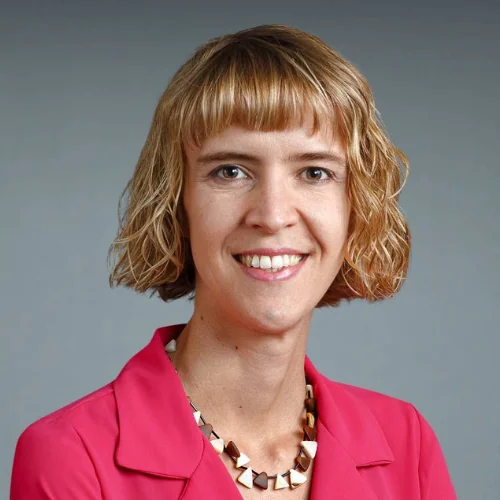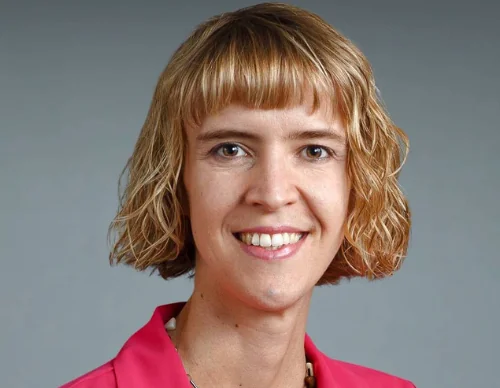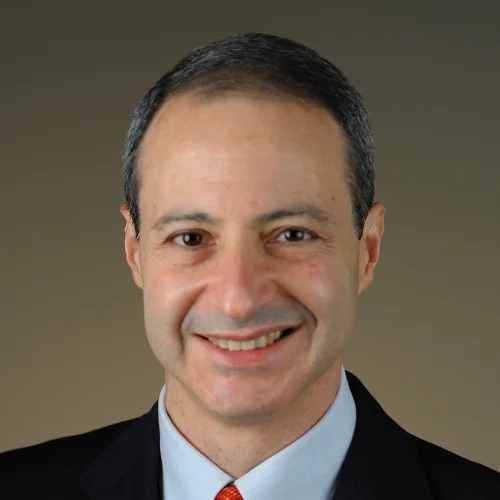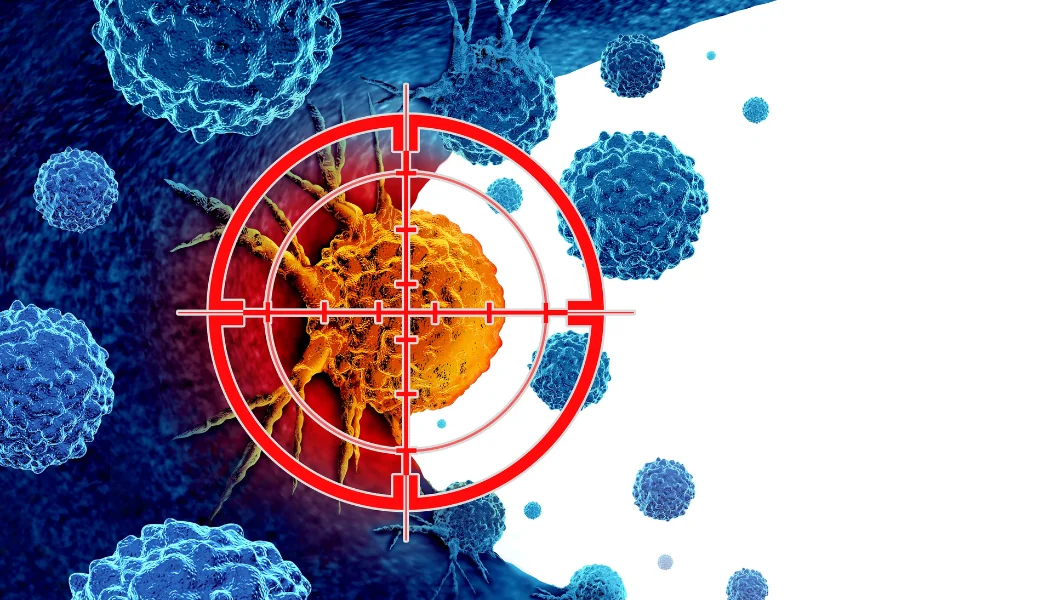New York University School of Medicine
Cancer-Types Supported
Click a cancer type below to learn more:
Credentials
New York, New York
Assistant Professor, Cancer Genetics and Genomics

Research Projects
The last 30 years of research have identified hundreds of genes that are mutated (i.e. defective) in human cancer and a lot of attention has been devoted to these mutations. A central mystery that has not yet been solved is why and how the vast majority of cancers show aneuploidy, i.e. the gain or loss of specific chromosomes.
Dr. Teresa Davoli has great expertise in cancer genetics, genomics, and computational biology in human cells. She and her colleagues first identified the loss of the chromosome 9p arm as the most frequent recurrent somatic genomic copy-number alteration in human oral cancer, a type of head and neck cancer. Tumor cells from many cancer types (about 25% overall of cases) often show in their DNA 9p loss, i.e. one less copy of chromosome 9p (normal cells have two copies, cancer cells have one copy).
They demonstrated that patients bearing loss of chromosome 9p tend to be more resistant to certain immunotherapies, i.e., immune-checkpoint therapies – which reactivate the immune system to fight cancer.
With NFCR support, Dr. Davoli is collaborating with Dr. Silvio Gutkind, a world leader in cancer mouse models and tumor evasion and signaling networks. Together, they will unravel the mechanism by which loss of chromosome 9p makes the tumor cells resistant to the attack by the immune system.
They are taking a novel approach, and her lab is first engineering human and mouse cells to contain one less copy of chromosome 9p and other gene alterations. A series of experiments will comprehensively characterize the biology of how the loss of 9p affects tumor cell’s ability to escape the attack by the immune system. Dr. Gutkind will develop different mouse models with the loss of chromosome so specific effects on the immune system can be identified.
IMPACT
Drs. Davoli and Gutkind are investigating how the loss of 9p affects the ability of oral cancer cells to escape the recognition and attack by the immune system. This research may lead to the identification of novel treatment options and preventive strategies for oral cancer and other types of cancer associated with loss of chromosome 9p.
Background
Teresa Davoli, Ph.D., is an Assistant Professor of Cancer Genetics and Genomics at the Institute for Systems Genetics, New York University School of Medicine (NYU). She received her Ph.D. in 2012 from The Rockefeller University, New York. She conducted post-doctoral research at Harvard Medical School, Brigham and Women’s Hospital from 2012-2018, prior to joining the faculty at NYU.
Dr. Davoli has received the Weintraub Graduate Student award in 2013 and she was a Helen Hay Whitney Postdoctoral Scholar (2013-2016.) Dr. Davoli was a V Foundation Scholar (2018) and in 2019, she was awarded the Melanoma Research Alliance Young Investigator Award and the Breast Cancer Alliance Young Investigator Award.
Collaborator:
Our approach emphasizes a collaborative, team environment to accelerate new breakthroughs.
Accelerate innovative research like this and help save cancer patient lives.
Research Focus Areas
Select a Focus Area Below to learn more and see others working in these area.














